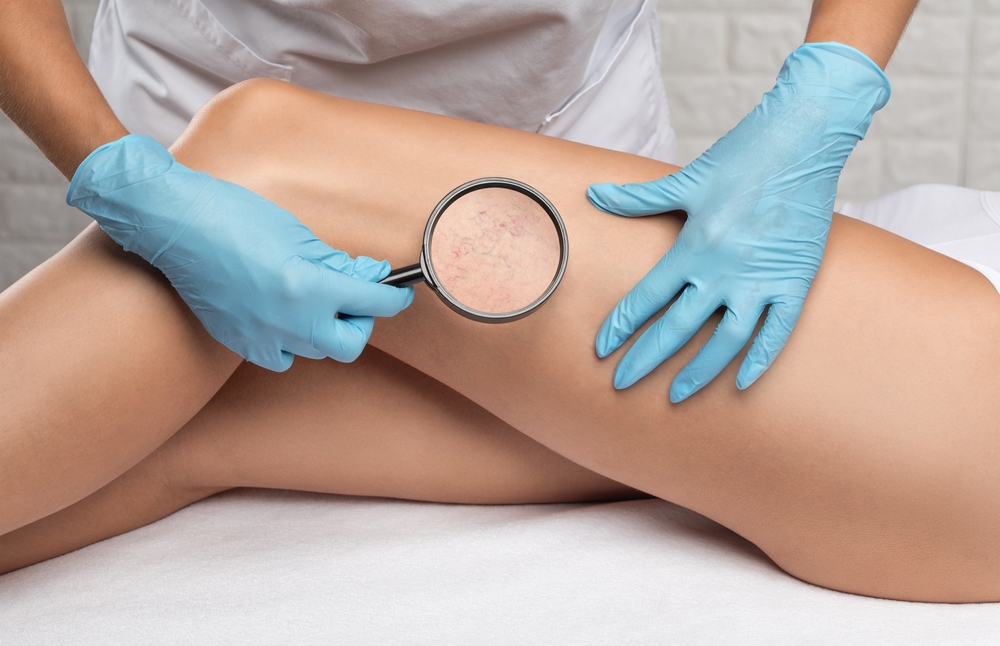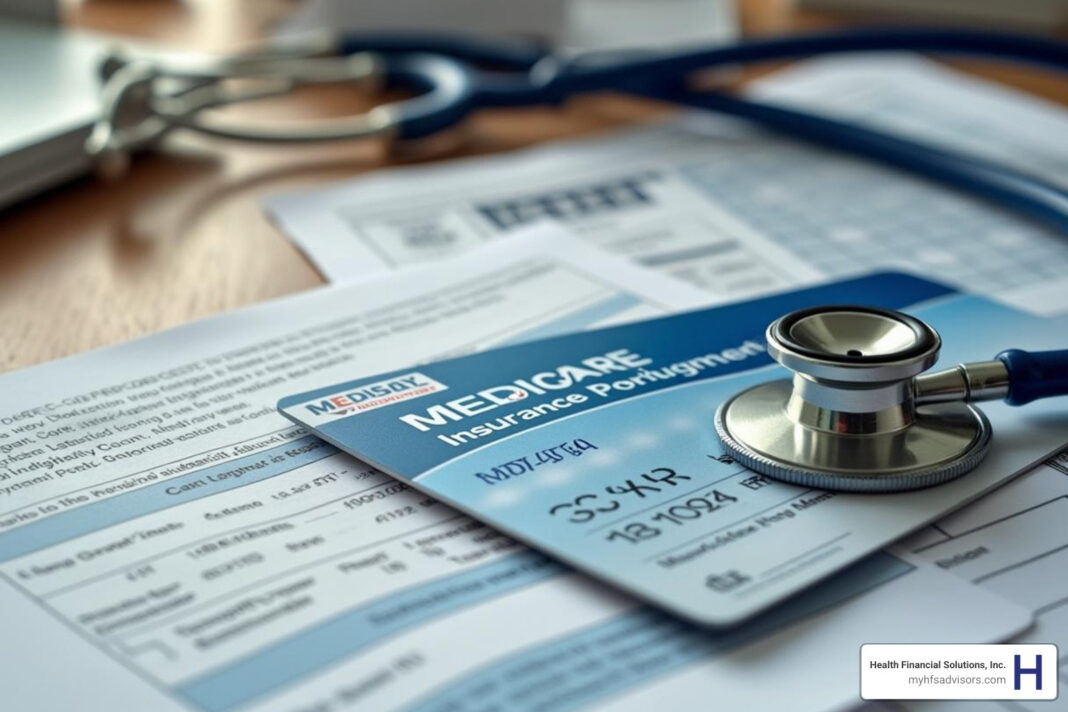A vein center is a specialized medical facility that focuses on the diagnosis and treatment of venous diseases. These centers treat conditions like varicose and spider veins. Preparing for your first visit and knowing what to expect during the appointment can help you receive targeted treatment. Here are some tips for preparing for your vein center appointment and what to expect:
Gather Medical Information
Your vein specialist will need a complete picture of your health, and many doctors ask for key information, including:
- Personal and family medical history
- A list of all medications you currently take, including prescriptions, over-the-counter drugs, and supplements
- Any past surgeries or medical procedures you have had, especially those related to your legs or circulatory system
Documenting any symptoms you are experiencing can also assist doctors in making a diagnosis. Record when your symptoms started, how often they occur, and if anything triggers or worsens them. Be specific about visible changes like discoloration or bulging veins.
Wear Appropriate Clothing
When visiting the vein center, wear loose, comfortable clothing. Your legs will need to be examined, so shorts or a skirt are good options. If you wear pants, choose a pair that you can easily roll up past your knees. Tight-fitting garments might make the physical examination more difficult. You should also avoid applying lotion or oils to your legs before your appointment, as these can interfere with the ultrasound examination.
Undergo Exams and Testing
Many appointments begin with a physical examination of your legs. Vein specialists look for visible signs of vein issues, such as swelling, discoloration, varicose veins, or spider veins. They also feel for areas of tenderness or warmth.
Following the physical exam, you will likely undergo a non-invasive ultrasound test. This test uses sound waves to create images of the blood flow in your veins and allows specialists to see how your veins are functioning. They can identify blockages or reflux, which is when blood flows backward in the veins. You may be asked to stand for a portion of this test so the specialist can observe your veins while you are upright.
Develop a Treatment Plan
Your vein specialist will discuss the findings of the exams and tests with you and what they mean for your vein health. Based on this diagnosis, a personalized treatment plan will be proposed. Specialists will outline the available treatment options for your specific condition. They will describe how each procedure works and what you might experience during and after the treatment. This is your opportunity to ask questions about the recommended plan, the recovery process, and any follow-up care that might be needed.
Visit a Vein Center Today
Preparing for your first appointment helps verify that exams and treatment are focused on your key concerns. Gathering your medical history, wearing suitable clothing, and understanding the examination process enables you to get the information you need about your vein health. If you are experiencing symptoms or have concerns about your veins, schedule a consultation with a vein specialist today.
- How Heavy Duty Carts Improve Efficiency in Warehousing and Logistics
- Trurimesu: A Modern Reimagining of Italian Dessert Culture
- Software Keepho5ll: A Complete, Up-to-Date Guide for Secure and Productive Digital Work
- Internetchocks: A Complete Guide to the Future of Digital Connectivity
- Luuxly.com: A Complete Guide to the Modern Luxury Lifestyle Platform





